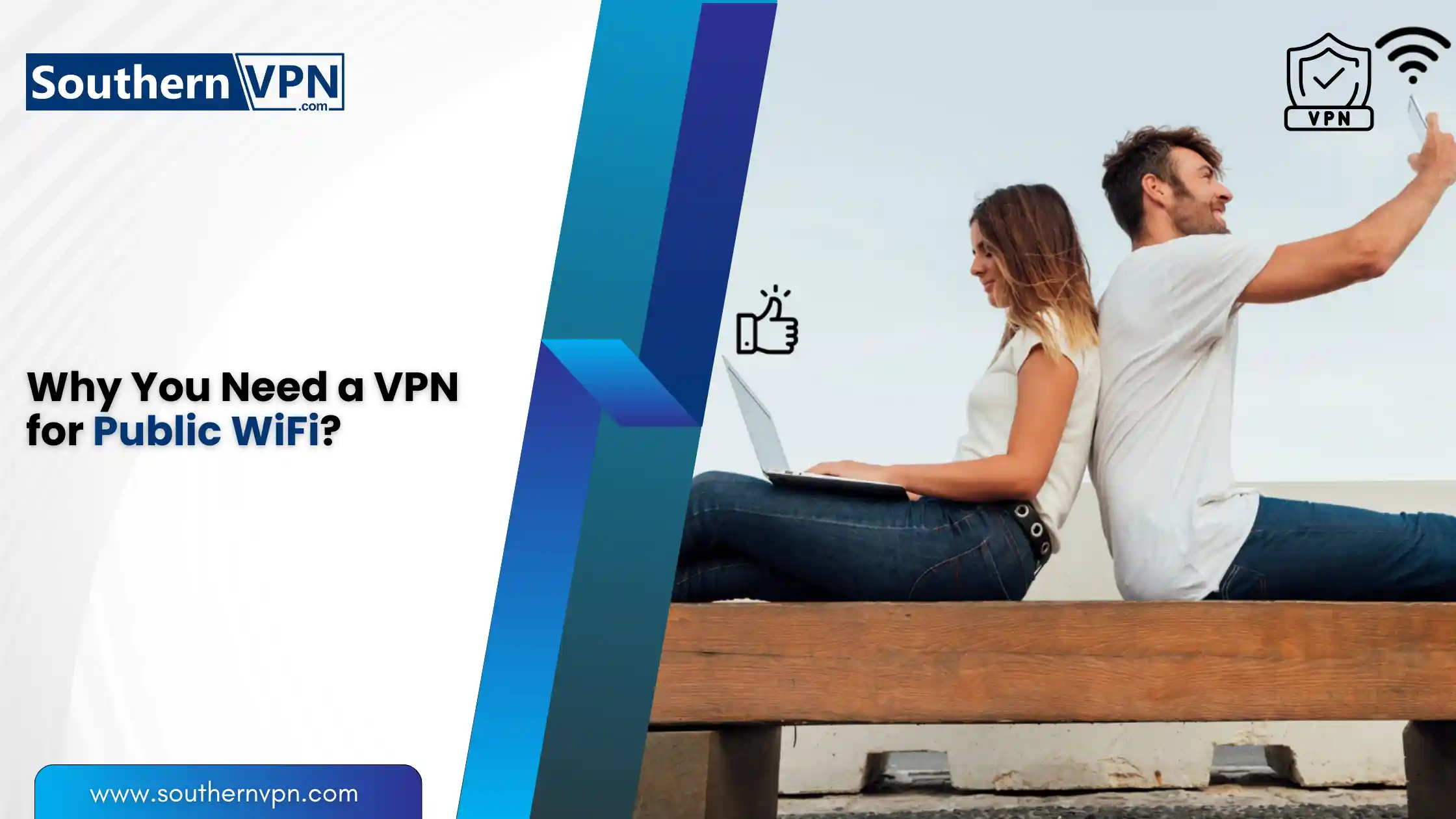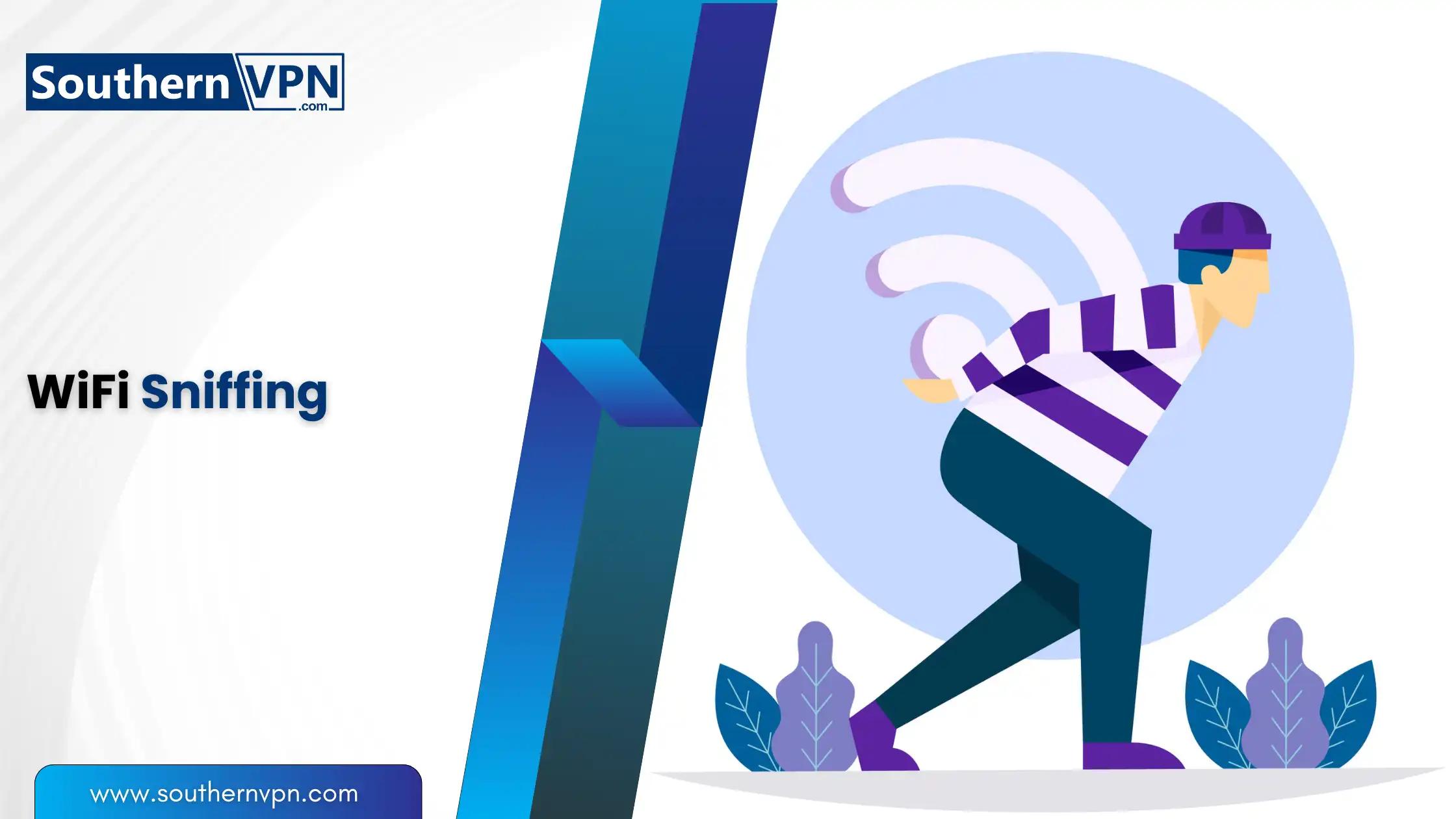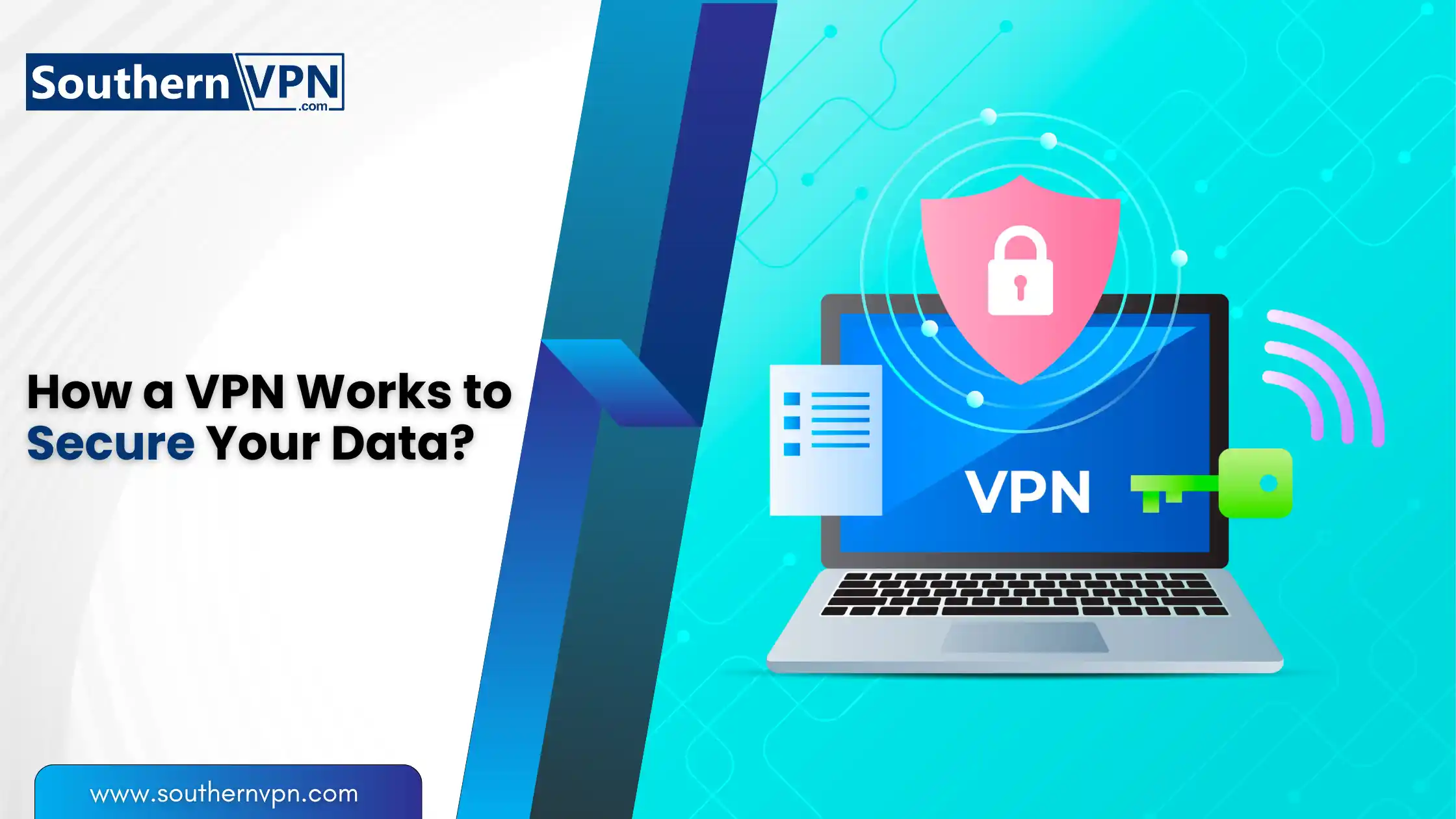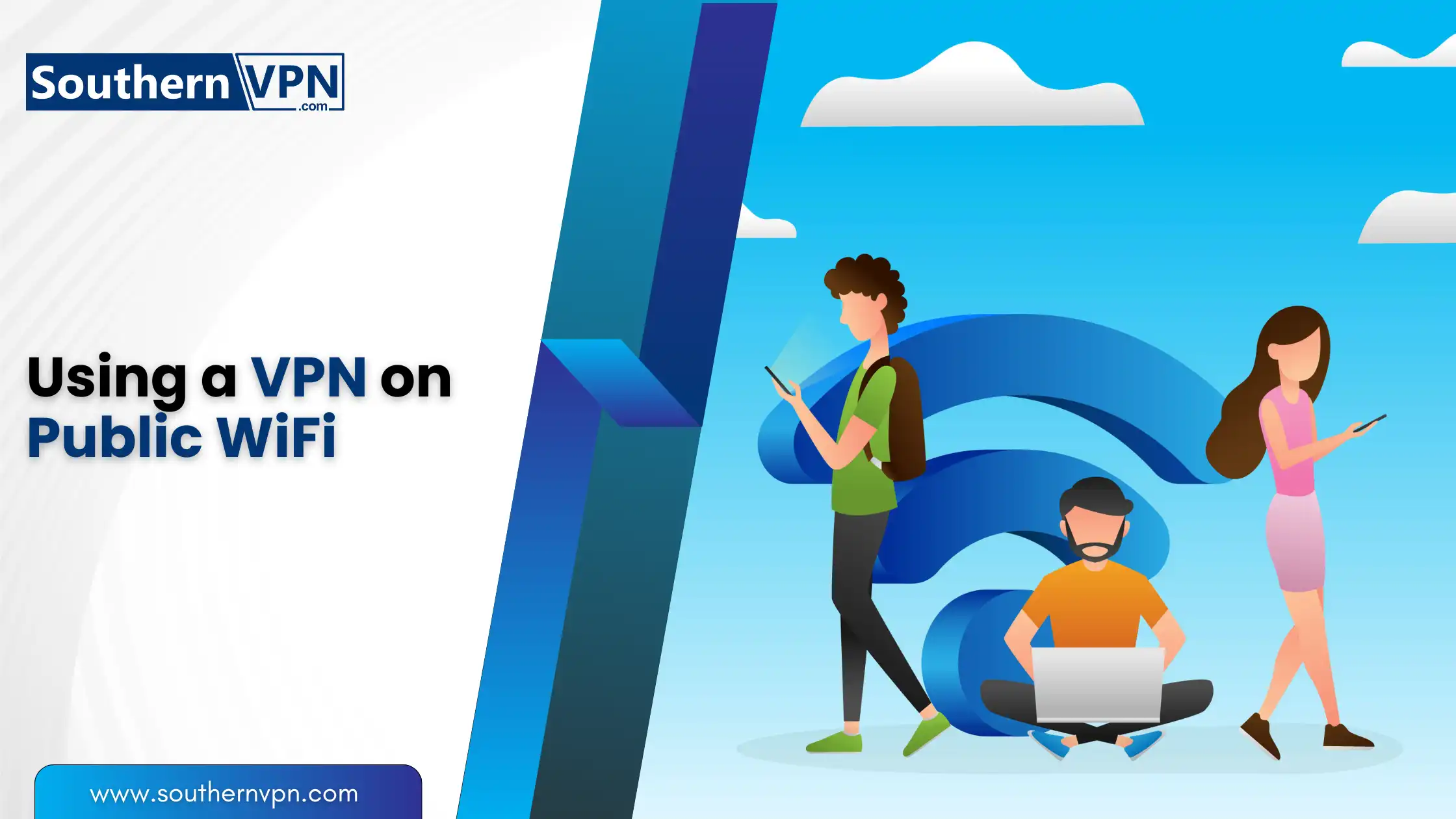How to Stay Safe On Public WiFi Using a VPN
Today, the internet is pretty much a part of our lives wherever we go we seem to be connected to the internet. Whether it is inside our home, our workplace, school, or markets, and even while we are driving or going on a trip. What can be easier than logging into the free Wireless LAN at cafes, airports, shops, hotels, and any other places? However, Public WiFi security is often overlooked.
Still, most people do not know that exposure to public wireless networks threatens personal information. When you attach your device to a public network, phishing scams and hackers could track everything you do and everything you type. To stay safe on public WiFi, you can also be hacked, and they may attempt to infect your devices with viruses and malware.
Do You Know?
Did you know that 28% of public WiFi hotspots are vulnerable to cyber-attacks? And over 80% of millennials put themselves at risk by doing things like online banking on unsecured public networks. Don’t be one of them – keep reading to stay safe!
This is why security professionals advise people to connect to a VPN every time they connect to the Internet via public Wi-Fi. VPN works by opening up a secured channel through which a user can connect to the internet. It keeps your information and interactions on the internet away from those who should not be privy to them.
In this article, I will introduce the concept of a VPN and why it is necessary to use it when connecting to public WiFi. I will also explain some general or beginner methods on how to subscribe and use a reliable VPN service in your mobile phone, tablet, laptop, and other smart devices. Stay safe out there and enhance your Public WiFi security!
What Exactly Is A VPN?
Before proceeding to explanations and recommendations, it is important to know what exactly is a VPN, and what it is used for. VPN is an abbreviation for the virtual private network.
A VPN connects your device, be it a computer, phone, tablet, and so on, directly to a private server on the internet. Your internet connection is encrypted, so all your internet data goes through this encrypted tunnel, and anyone trying to spy or hack it gets a raw deal.
Public WiFi is unsafe when you are not using a VPN. Stay Safe on Public WiFi by surfing the internet and transacting from anywhere without a secured connection. Cybercriminals on that network could intercept and view things like:
- Passwords and login credentials you enter
- Personal information can be found in emails, messaging apps, etc.
- Credit card numbers used for online purchases
- Work documents, downloads, and uploads
- Your device’s IP address and location
- Websites you visit and things you search
- Any other data transmitted over the insecure network
However, that is something that can never happen when one is under the coverage of a VPN because all those aspects of the data transfer are encrypted, from the device to the VPN server. To sum up, the VPN works as a kind of firewall that will safeguard your identity and anonymity when connecting to any public Wi-Fi, ensuring Public WiFi safety.
VPNs also keep your actual IP address and location a secret from the websites, apps, and services that you visit. This assistance avoids tracking of one’s activities on social networks and other online services.
In summary:
- A VPN encrypts your internet data
- It hides your IP address and location
- This protects your privacy on public WiFi networks
Why You Need A VPN For Public WiFi

Connecting to public WiFi without a VPN puts you at risk of various kinds of attacks and invasion of your privacy. Here are some of the main risks of not using a VPN on public networks:
Insecure Network
Wireless LANs that are available in internet cafes, hotels, airports, and virtually any other public places that offer free connection are often unsecured and have no protection. Stay Safe on Public WiFi as anyone could install malware that infects devices that want to connect to the network. Cybercriminals, in other circumstances, offer field clones of genuine networks that share similar names to the original networks to their targets.

- Lightning-fast speeds to browse without lag
- Servers in 105+ countries around the globe
- Military-grade security to stay safe online
- Try it risk-free with its money-back guarantee
- Native apps for all major devices
Scary stuff! But there’s a simple solution with a quality VPN service, you can prevent:
- Prevent your internet service provider from spying on you
- Wi-Fi snoops from getting hold of your personal information
- It gave the freedom to have your physical location severed from your online persona.
- Infections through risky free wi-fi networks
- targeted advertising, censorship, and other data loopholes
Man-in-the-Middle Attack
A “man In the Middle” attack occurs when a third party intercepts information exchanged between two people, especially your device and a website. On a WiFi that has no security, they can introduce viruses, have room for gaining private data such a passwords, or even do more horrible things whereby one party pretends to be the other.
WiFi Sniffing

From the WiFi sniffing point of view, the hacker can observe all information that is transmitted through the network in plain text. They could read your emails, documents, passwords, payment information, and any other communication or interaction that happened online if not encrypted. This highlights the importance of Public WiFi security and using a VPN.
Public WiFi is also quite convenient for hackers as a means of distributing malware. Unfortunately, if the security of a hotspot network is penetrated, it only takes a device to connect to the said network and this serves as an entrance point for the malware with an aim of stealing data or taking control. To ensure your online security, always remember to stay safe on public WiFi.
Location and Device Tracking
When you log in to most hot spots in most establishments, your device broadcasts the IP and MAC address. This enables your movements and activities to be traced in the various hotspot areas as well as the internet services, posing Public WiFi risks.
As you can realize, the hazards of connecting to public spots without a VPN are rather grave! This is because hackers use methods such as and can get access to passwords, financial details, personal information and so much more. Stay Safe on Public WiFi as survivorship could result in threats to your online activities and communications.
But a quality VPN service solves all these public WiFi risks by:
- Very few Internet users set their traffic encryption to 100%
- The process of obscuring the IP address and your geographical location from tracking
- The browser client applications encrypt the communication between the client and the server even when it uses an untrusted network.
- Protecting from viruses, pop-ups, and other dangerous sites
- Ensuring one has the ability to have safe and free access to the internet anytime and anywhere.
In this way, with a VPN, you can confidently navigate and connect through public WiFi without having to worry about potential hackers or identity thieves stealing your information or keeping track of what you are doing online. Everyone and anyone who wants to secure their internet connection, especially when working through a Wi-Fi connection from a café or airport, for instance, uses a VPN for this basic level of protection to stay safe on public WiFi.
How A VPN Works To Secure Your Data

Now that we’ve covered what a VPN is and why it’s needed on public networks, let’s quickly go over how a VPN works under the hood to secure your data:
- VPN software is an app you load on your device and then connect to the VPN service with your credentials.
- The VPN app enables the user to connect with a specific country of his/her choice for the server IP address. These are the servers owned by the VPN company in different parts of the world including different countries.
- When the connection to the VPN server is made, all your internet connection traffic and data pass through an encrypted tunnel between the device and that specific remote server, ensuring you stay safe on public WiFi
- Thus, the VPN server performs the function of a secure entrance, which shields the information and activity within it from disclosure. Upon the data release from the VPN server, the visible identifier is merely the server’s; of course, its location.
- Data entering and leaving your device through the internet is channeled through a secure passage known as the VPN tunnel utilizing superior protocols and ciphering techniques (normally AES 256-bit encryption as a minimum).
This is a VPN data stream that cannot be read by anyone who may endeavor to intercept it, not even the ISP, network admins, ‘waypoint’ Wi-Fi snoopers, even the government, and hackers.
The VPN server works as a mediator; it controls and redirects your vulnerable traffic and the Internet sites, services, and applications you use. It maintains your data transfer secure in and out of the tunnel at all times when connected. Stay Safe on Public WiFi by using a VPN to protect your connection.
A VPN works by instead of connecting to your own ISP-provided IP address, it assigns the IP address of the VPN server through which you are connecting. This helps you to log in from a location other than the real one. This attribute of location switching offers the extra protection of privacy to the users, in addition to security.
With a quality VPN service, you can prevent:
Before the reallocation from your browser helps your internet service provider to track your activities.
- Laptop hackers from accessing your confidential information When on a WiFi network, the chances of WiFi snoopers getting your confidential information are high.
- Your geographical location from being linked with your profile
- Public wifi hotspot connection legitimacy has been identified as a source of malware infections
- E-targeting, media restrictions, and other data risks
When connected to public WiFi, using a VPN reduces all the main threats as well as risks observed above. Whether it is a local café, hotel, airport or any place with free access to WiFi – a VPN ensures you are secure online.

Uninterrupted, high-speed browsing, zero logs so your online activity is always private.
Over 7000 people checked out NordVPN in the last month
Using A VPN To Stay Safe On Public WiFi (A Simple Guide)

Yes, let’s start with the easy guide on using your VPN by the following process. It only takes a few minutes:
Steps to Follow in order to Get a VPN Service
Here is a step-by-step explanation in very simple English on getting started with a VPN for public WiFi:
Step 1: Select the VPN service
- After that, it is necessary to take time and read the reviews about the work of different VPN companies.
- Choose the best one that they have put some firm security measures to protect you.
- Ensure that it has many server options to select
- Ensure it is operable on all devices it is needed such as phones, and laptops, among others.
- Try to establish an application that allows a VPN connection and is relatively simple to use and comprehend
Step 2: Choose the plan yourself
- To obtain help, navigate to the website of the VPN provider.
- Choose the Frequency which you want to take for the payment of the subscription plan
- Could be frequency, for instance monthly or yearly, or longer.
- To create an account you have to provide your email and payment details
Step 3: Download and install the VPN app:
- The VPN company will offer the client applications that will be used for downloading.
- Download this VPN app on the devices you plan to use it on
- Similarly, like your smartphone, tablet, or computer if you are stuck or require data then there is no one you turn to but the relevant manufacturer company.
Step 4: Launch the application and link
- Open the VPN app that was installed.
- It should illustrate to you various server location possibilities.
- It is advisable to connect to the server of whichever country you wish to connect to.
Step 5: Choose the “Connect” button
That’s it! Once connected, your internet traffic is protected to drive your point home securely.
Some of the top-rated VPN services include:
| VPN Service | Pricing per month | Pricing per year | Locations | Server | Device Connections |
|---|---|---|---|---|---|
| NordVPN | $11.99 | $59 | 60+ countries | 5,500+ servers | 6 devices |
| ExpressVPN | $12.95 | $99.95/yr | 94 countries | 3,000+ servers | 5 devices |
| ProtonVPN | $8/mo Plus | $128.88/yr | 63 countries | 1,800+ servers | 1-10 devices |
| SurfShark | $12.95/mo | $38.94/12mos | 65 countries | 3,200+ servers | Unlimited devices |
The pricing models of most VPN providers are usually dependent on the number of devices to be connected simultaneously. They often offer a Monthly, Yearly, or Multiple-Year subscription at various rates. Avoid common mistakes of looking for short plans at cheaper rates; rather, look for a long-term plan with an offer on the price to stay safe on public WiFi.
For instance, the top plan of NordVPN offers 6 devices connection under $12. $99 one-time payment on a monthly plan. Still, their two-year strategy is a mere $3. 71/month when paid upfront. Thus, longer plans are much less expensive, as a rule.
A Thing to Remember!
Be sure to keep the VPN software running and connected whenever you’re on public WiFi to stay safe on Public WiFi. If it gets disconnected for any reason, your traffic may be temporarily unsecured until you reconnect.
Many VPN apps include an internet kill switch feature that will block all internet access if the VPN connection drops. This prevents any of your data from being exposed to the network during VPN interruptions.
Some VPN clients will also automatically attempt to reconnect to the last used server if the connection is lost temporarily. So you can mostly just leave it running in the background while on the go.
Easy Tips To Get The Most From Your VPN
Here are some quick tips to get the best experience and security from your VPN service when using public WiFi:
Connect at the Start:
Get in the habit of launching your VPN app and connecting to a server as soon as you join a new public network. Don’t wait until after you’ve started browsing.
Forgot WiFi Network:
Most devices will automatically reconnect to WiFi networks you’ve joined before. But the VPN app won’t know to re-secure that connection. So you’ll need to either forget or disconnect from any previous WiFi networks you joined without the VPN active. Remember, to stay safe on public WiFi, always ensure your VPN is active before reconnecting.
Check Connection Status:
Don’t just assume the VPN is running properly. Regularly check your VPN app and make sure you see a connected status with the current server location displayed.
Use Split Tunnel Wisely:
Some VPNs have a split tunneling feature that allows you to “split” some apps and web traffic off the VPN connection. This is handy for things like streaming services that block VPNs. But be cautious about transmitting other insecure data over the unencrypted split tunnel.
Change Servers Over Time:
For an added layer of privacy, you can switch between different secure VPN server locations in different cities or countries when using public WiFi over longer periods.
Use Other Security Tools:
While a VPN is essential for public WiFi security, it doesn’t protect against all threats. Also use antivirus software, browser privacy tools, password managers, and other security apps.
Check for Leaks:
While rare with good VPN services, there could be IP or DNS “leaks” that expose some of your data outside the secure VPN tunnel. Run leak tests periodically.
Follow these simple tips and best practices from cybersecurity experts to maximize privacy, anonymity, and overall safety to stay safe on public WiFi networks when using a VPN.
Don’t Take Chances With Unsecured WiFi!
I hope this guide has clearly explained why using a VPN for public WiFi is so important, as well as how easy they are to set up and use for ongoing online security and privacy. If you’re wondering how can I stay safe on public wifi, using a VPN is a crucial step.
Just to reiterate the key points:
- Public WiFi hotspots are unsecured networks where your data and activities can be easily exposed to snooping, hacking threats, and other cyber risks.
- VPNs encrypt 100% of your internet traffic through a secure private tunnel, preventing exposure to WiFi snoopers, ISP tracking, government surveillance, online censorship, and more.
- They give you an anonymous IP address and location to hide your personal identity and device.
- Quality VPN services are affordable, easy-to-use and provide robust protection anytime you need public WiFi access – at cafes, hotels, airports and beyond.
Frequently Asked Questions (FAQs)
How does a VPN help when using public WiFi?
There are dangers in using public WiFi. A VPN helps you guard against hackers: When you connect to a VPN, you are actually creating a secure tunnel where your data can pass through safely.
What does a VPN do?
It keeps your data safe and no one will be able to know what you are doing online.
What methods are there to obtain a VPN?
Connect to a reliable VPN service and install their application for better and smooth streaming.
What should you look for?
Some factors to consider include the absence of logs, many server locations and a good compatibility with devices.
Are VPNs user-friendly?
Yes, good VPNs can be used to secure your internet connection with ease and within a single click.
Are VPNs affordable?
However, most of the good quality VPNs are quite cheap when it comes to the protection they offer.
Using a VPN on public Wi-Fi is safe right?
Yes, using a VPN secures your internet connection and protects your data while using unsecured public Wi-Fi networks.
Is it safe to use public Wi-Fi with a VPN? If so, which VPN?
Yes, when using public WiFi, it is recommended to use a VPN like NordVPN or ExpressVPN.
Will my data be safer if I connect to public WiFi using a VPN?
Yes, it is because a VPN protects your data and information when using public WiFi connections.
How safe is it to use a VPN on public Wi-Fi?
Activate the VPN app prior to accessing any unknown networks especially those available in the public domain.
How can I protect my WiFi connection? Can I get into the watch list after using a VPN?
A VPN essentially helps to secure your Wi-Fi. No, using a VPN is not against the law it’s just that it is personal.
Is my home WiFi privacy/location exposed if I use a VPN?
However, a VPN can mask the home/WiFi location in order to protect the user’s privacy. If you are using a VPN on public WiFi follow these tips to ensure that you are safe.
It is cheap and offers security, privacy, and serenity even though much is at stake.
The Verdict!
Today, the risk of connecting to public WiFi without using a VPN is similar to leaving your home or car without locking the doors. You are exposing yourself to unnecessary danger of being violated or having your property vandalized.
Believe me, you do not want to know how cunning and intelligent hackers are these days. The protection a VPN provides, especially when it comes to using public Wi-Fi networks, is priceless, and a good VPN service will not cost much. Stay Safe on Public WiFi and ensure your online activities are secure.
Well, be careful out there then! Stay Safe on Public WiFi by going for a VPN and have a safe yet convenient way of accessing the internet on the go.






